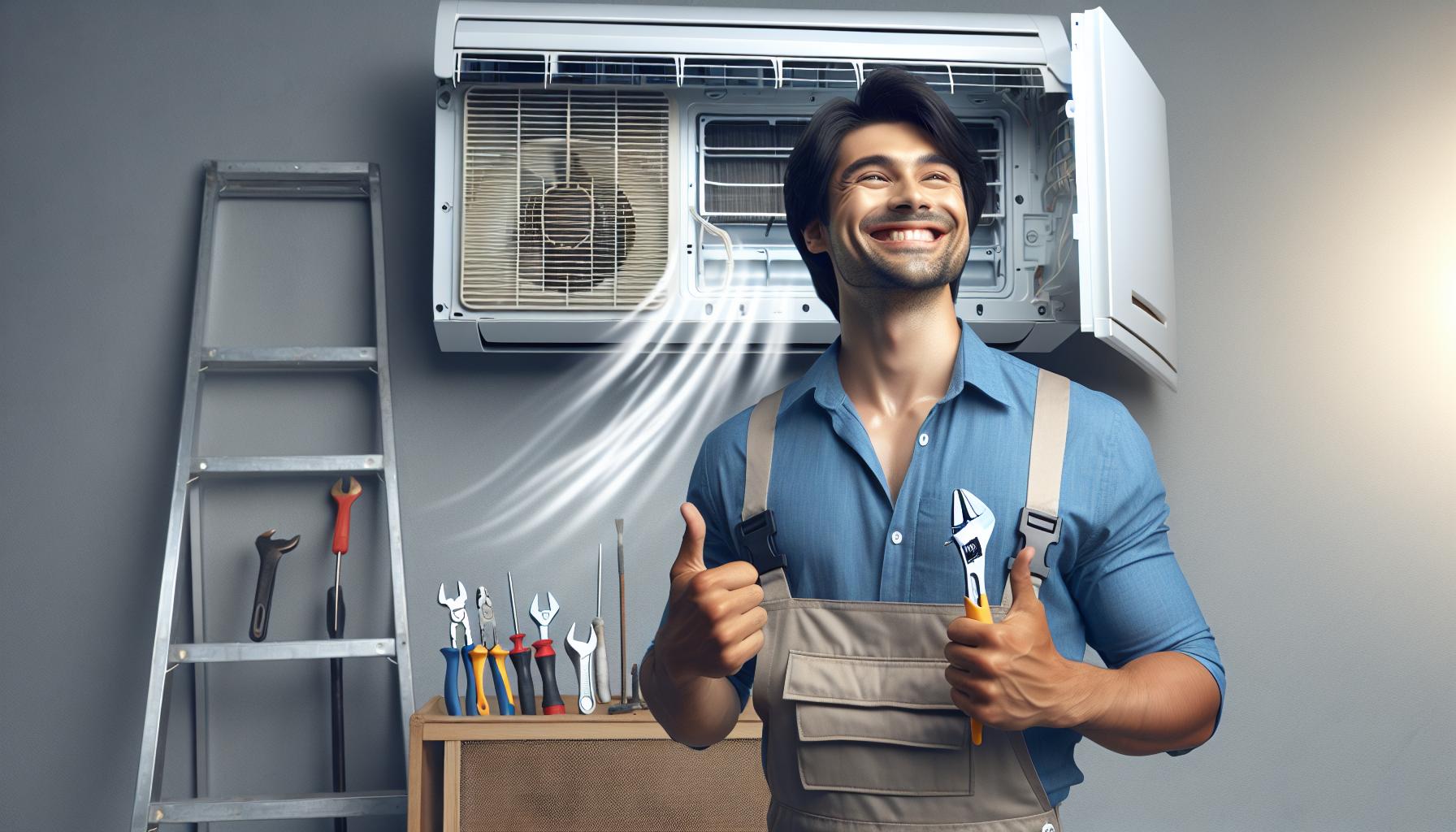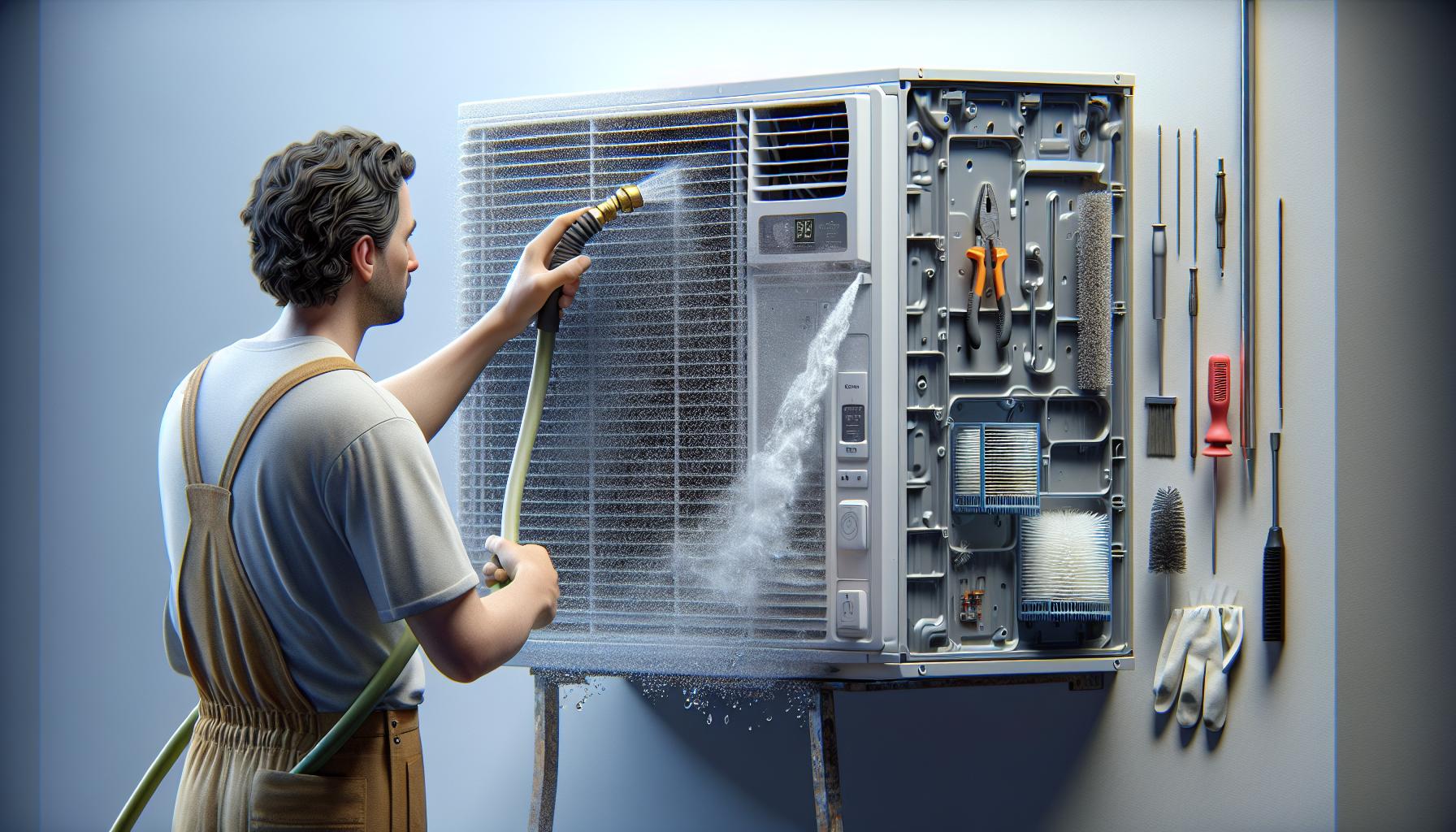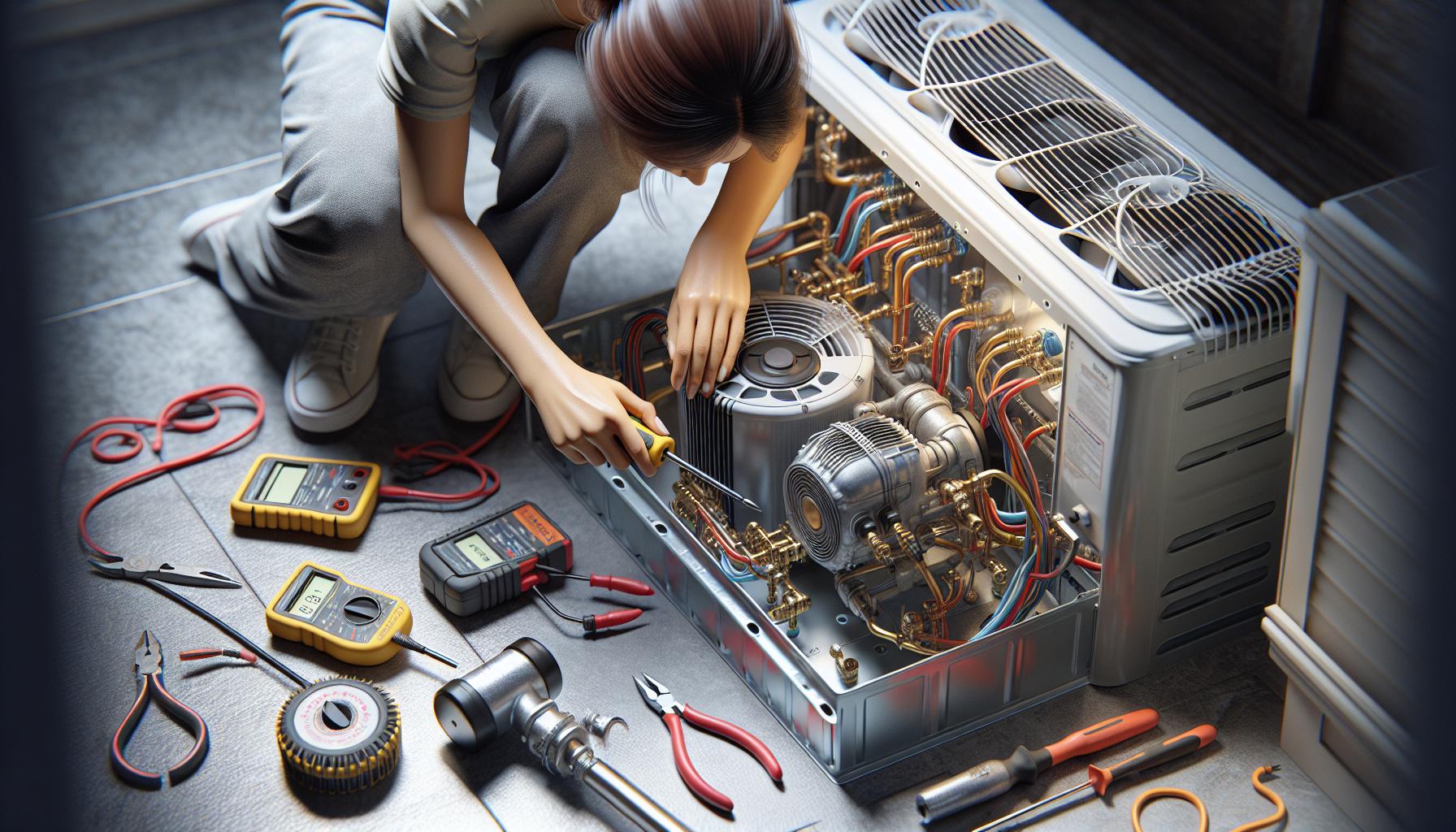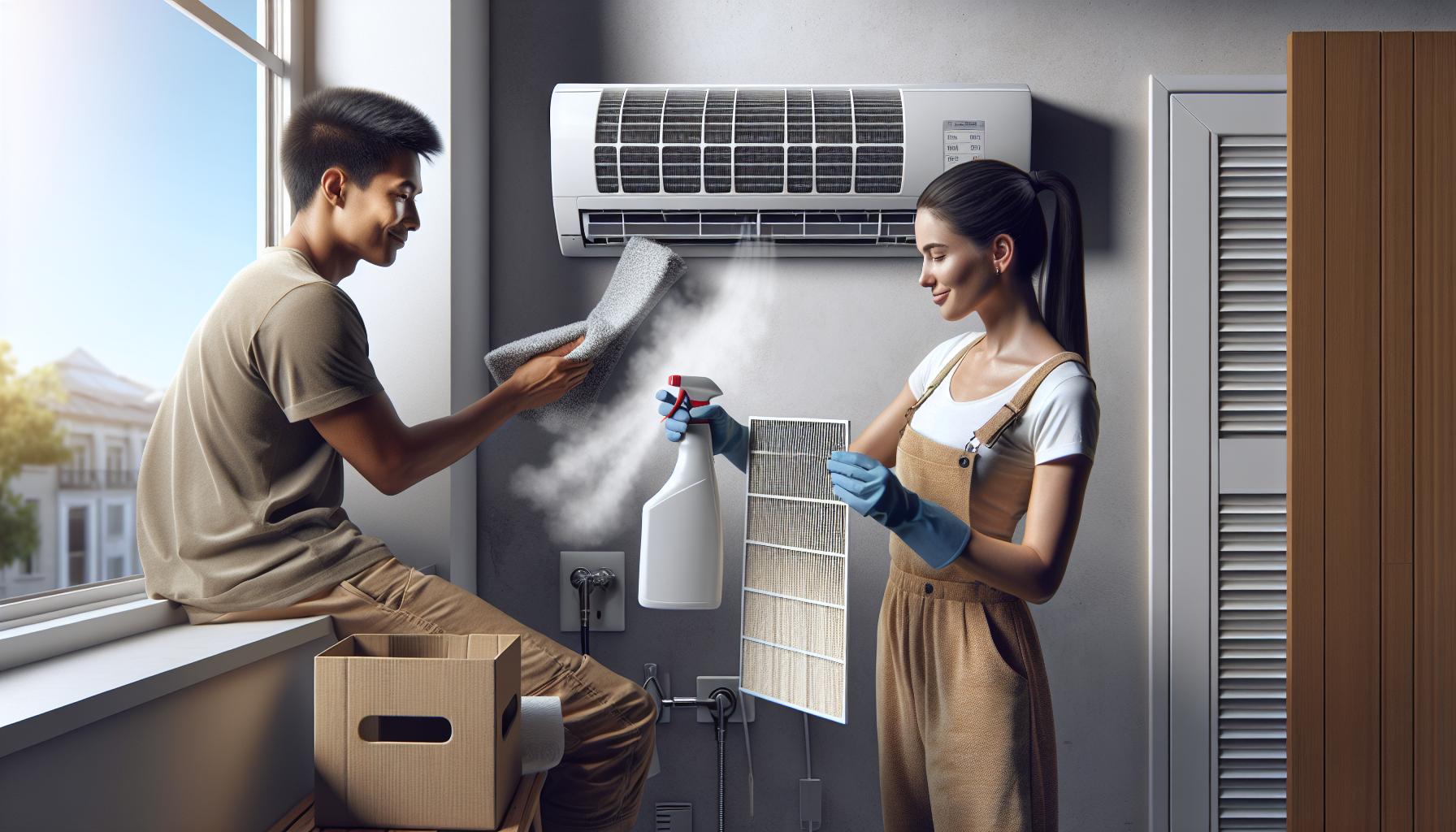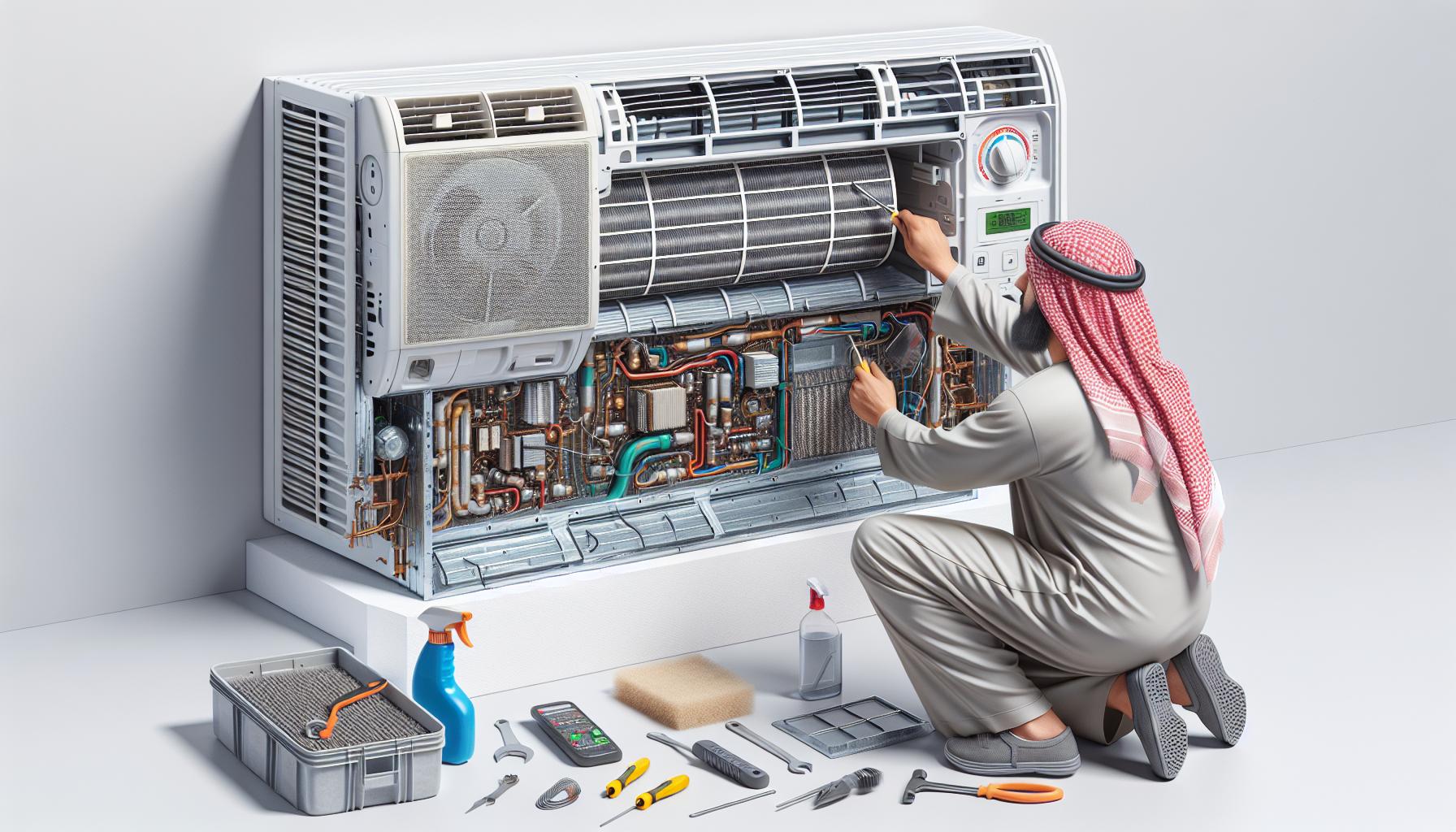Experiencing a blown fuse in your Dometic water heater can be a real dampener, especially when you’re looking forward to a warm shower. It’s not just an inconvenience; it’s a sign that something’s amiss with your appliance. In this article, you’ll uncover the common culprits behind your Dometic water heater’s fuse troubles, from electrical shorts to malfunctioning thermostats.
Understanding the why’s and how’s is crucial to prevent future fuse failures and maintain the longevity of your water heater. You’ll learn how to troubleshoot the issue, identify warning signs, and when it’s time to call in a professional. So, let’s get your water heater back in action and those fuses intact.
Common Causes of Fuse Failure in Dometic Water Heaters
Blown fuses in your Dometic water heater can stem from a variety of issues that, if left unchecked, can leave you with inconsistent hot water or even a non-functioning unit. Below are some primary culprits you should be aware of.
Faulty Heating Elements
Heating elements are prone to deterioration. Over time they develop sediment build-up or suffer from corrosion. This can lead to electrical shorts that draw too much current, resulting in blown fuses.
- Signs of Faulty Elements: Rusty water, erratic heating, or audible ‘popping’ noise
- Action: Regular maintenance to clean or replace the elements
Improper Wiring
Wiring that isn’t up to spec or has deteriorated can cause electrical shorts. Loose connections or wires frayed by rodents also fall into this category. It’s essential to ensure all wiring conforms to strict standards.
- Prevention: Inspect wiring during service check-ups, and secure any loose connections
Malfunctioning Thermostat
A thermostat fails when it’s unable to accurately regulate temperature, leading to overheating and ultimately a blown fuse.
- Symptom: Water that’s too hot or continuity when testing with a multimeter
- Solution: Reset or replace thermostat
Power Surge
Power surges can be sudden and unpredictable, often causing damage to sensitive electrical components in appliances like your water heater.
- Protection: Install surge protectors to safeguard your Dometic water heater
Overuse and Age
Continuous use and the natural wear and tear associated with age can lead to fuse failures. Older units may not handle the electrical demands of modern usage well.
- Maintenance: Regular inspections and updating aging parts can mitigate risks
By identifying these issues early and routinely maintaining your water heater, you’re more likely to prevent unexpected interruptions to your hot water supply and extend the lifespan of your Dometic water heater. From electrical shorts and component failures to wear-and-tear from everyday use, staying vigilant is your best defence against unscheduled cold showers.
Electrical Shorts: A Major Culprit
When delving into the causes of your Dometic water heater blowing fuses, electrical shorts should be at the forefront of your investigation. Electrical shorts can occur when electrical circuits are inadvertently connected. This improper connection leads to an excessive flow of current which can trip breakers or blow fuses. Notably, these shorts may not only affect the fuse but can significantly damage the entire electrical system of your water heater.
For your Dometic water heater, electrical shorts could be due to several reasons:
- Damaged Insulation: Over time, insulation around wires can deteriorate. Wiring within the water heater might be exposed to high temperatures, leading to cracks or wear in the insulation.
- Physical Damage: Any physical impact or stress on the water heater might cause wires to become pinched or frayed, resulting in shorts.
- Pest Intrusion: Rodents and insects are known for chewing on insulation, leaving wires bare and prone to causing electrical shorts.
Once an electrical short happens, the symptoms are usually immediate and noticeable. You might see sparks, hear a popping sound, or notice a burnt smell near your water heater. If any of these occur, it’s imperative to switch the heater off at the breaker and call a professional. Dealing with electrical issues isn’t something to take lightly, as the risks of electrocution or fire are real and severe.
To prevent shorts, routine inspections and maintenance are crucial. Wire connections should be tight, and any signs of wear and tear on the insulation warrant an immediate look by a certified electrician. Not to mention, keeping the area around your water heater free from pests can also help prevent unnecessary damage.
By understanding and addressing electrical shorts in your water heater, you’ll improve both safety and functionality, ensuring an uninterrupted supply of hot water when needed.
Malfunctioning Thermostats: The Silent Saboteur
When your Dometic water heater keeps blowing fuses, the thermostat could be the culprit behind the scenes. Faulty thermostats can act unpredictably, often leading to overheating and causing the fuse to blow as a protective measure. Thermostat failure is not immediately obvious, making it a silent saboteur potentially damaging your water heater’s system over time.
Identifying a Malfunctioning Thermostat
- The water temperature is too high or too low, regardless of the setting.
- The heater fails to turn on, or turns off prematurely.
- Unusual cycling, where the heater turns on and off more frequently than normal.
If you encounter these symptoms, it’s likely a signal that the thermostat is not accurately gauging the water temperature, prompting it to send incorrect signals to the heating element. This can lead to continuous heating, a raised temperature beyond safe limits, and, ultimately, a blown fuse.
Addressing Thermostat Issues
- Reset the Thermostat: Sometimes a simple reset can rectify the issue.
- Check the Wiring: Loose or corroded connections can cause erratic thermostat behavior.
- Professional Inspection: If the problem persists, having a professional examine the thermostat and its related components can pinpoint the exact cause.
Regular maintenance of your water heater includes checking the thermostat’s functionality to ensure it operates correctly. Catching a thermostat issue early not only prevents fuse blowouts but can also save you from uneconomical energy usage and potential water damage. It’s essential to address anomalies swiftly as to maintain a reliable hot water supply and safeguard the longevity of your water heater.
Keep an eye on the temperature consistency and be alert to changes in your water heater’s performance. Early detection and intervention could be key to avoiding the hassles of unexpected cold showers and complex repairs.
Troubleshooting Tips for Fuse Failure
When you’re facing frequent fuse blowouts in your Dometic water heater, it’s crucial to approach troubleshooting systematically. Start with the simplest checks to rule out common issues before moving onto more complex diagnostics.
- Check the Power Supply
- Ensure your water heater is connected to the correct voltage supply. A mismatch can cause fuse failures.
- Inspect the Heating Element
- Look for signs of corrosion or scaling. A multimeter test can confirm if the element is the problem.
- Examine Electrical Wiring
- Confirm all wire connections are secure and undamaged. Loose wiring can lead to short circuits.
- Assess the Thermostat Function
- Test for consistent thermostat operation. Inconsistency often suggests internal issues.
Real-life examples resonate with these steps: Homeowners have found that simply resetting the thermostat or tightening a loose wire resolved their issues, saving them time and money on unnecessary repairs.
Next, consider the environment around your heater:
- Is the unit free from physical damage?
- Are there any signs of pests that might have compromised the wiring?
If you’ve scanned the basics and the problem persists, it’s time to delve deeper. Check the integrity of the insulation and examine the circuit breaker panel for any signs of tripping or wear.
Remember, safety is paramount. If you’re not comfortable working with electrical systems, it’s best to enlist a professional. An expert can often quickly identify and fix issues that might not be immediately obvious to you. Plus, they can provide valuable advice on preventing future fuse failures.
By regularly maintaining your water heater and promptly addressing fuse issues, you’ll ensure a steady supply of hot water and extend the service life of your Dometic unit. Maintain thorough documentation of all your troubleshooting efforts; it’ll streamline the process if you need to call in a professional and can be especially helpful during warranty claims or servicing.
Warning Signs to Look Out For
Recognising early indicators that your Dometic water heater is about to blow a fuse is key to preventing more significant issues. Be vigilant and keep an eye out for these warning signs:
- Frequent resets of your water heater’s circuit breaker could point to an underlying electrical problem.
- Unusual noises such as buzzing or hissing from the heater’s panel could indicate electrical arcing or component failure.
- A noticeable burning smell emanating from the water heater or its vicinity signals a serious electrical issue demanding immediate attention.
- Dimming or flickering lights in your home when the water heater is in use could imply excessive power draw indicating a fault.
- Water temperature fluctuations, where the heater fails to maintain a consistent output, can be symptomatic of a thermostat struggling to function properly.
In one reported case, a homeowner noticed their lights would dim every time their Dometic water heater activated. Upon inspection, an electrician discovered a severely corroded heating element which was drawing too much power and causing the fuse to blow. After replacing the heating element, the power fluctuations ceased, and the issue was resolved.
Ensure to regularly monitor your water heater’s performance. If any of these warning signs present themselves, don’t hesitate to delve deeper into troubleshooting or call a professional. Ignoring such signs risks not only the functionality of your water heater but also your safety.
When to Seek Professional Help
Sometimes, despite your best efforts, Dometic water heater fuse issues can be beyond the scope of DIY fixes. You’ll know it’s time to call in the experts when you encounter the following scenarios:
- Persistent Fuse Blowouts: If replacing or resetting the fuse doesn’t hold and it blows again, this could point to a serious electrical problem.
- Visible Burn Marks on the control board or other components signal extensive damage.
- Water Leaks: Any evidence of water around the heater can indicate corrosion or damage that’s best handled by a professional.
- Unfamiliar Sounds: If your water heater is making popping, hissing, or cracking sounds, these are warning signs that require expert diagnosis.
- Inconsistent Water Temperatures that don’t align with thermostat settings suggest complex issues with your water heater’s internal mechanics.
In a case study, one user called for professional assistance when her Dometic water heater repeatedly tripped the circuit breaker. The technician uncovered a faulty heating element that not only caused the fuse to blow but also posed a significant safety hazard due to the risk of overheating.
Keep in mind, if you’ve attempted the basics and the problem persists, or if you’ve uncovered anything that looks or sounds out of the ordinary, it’s time to Contact a Certified Technician. Only a qualified professional can perform a thorough analysis, identify the root cause, and apply a safe, long-lasting fix to your appliance. Remember, working with electrical components poses serious risks, and the cost of professional help is a small price to pay for your safety and peace of mind.
Conclusion
Tackling your Dometic water heater’s blown fuse can be straightforward if you follow the right steps. Remember to check the basics first—power supply, heating element, and electrical connections. Resetting your thermostat or securing a loose wire might just do the trick. Keep an eye out for warning signs like flickering lights or temperature inconsistencies as these could signal deeper issues. Should you face persistent problems or encounter complex signs like burn marks or leaks, don’t hesitate to call in the pros. Regular maintenance is key to a reliable hot water supply and could save you time and money in the long run. Stay vigilant, stay safe, and you’ll keep that hot water flowing smoothly.
Related Posts:
- Understanding the Benefits of Smart Thermostats for…
- Dometic Water Heater Fixes: Solve Pilot Light &…
- Understanding Programmable Thermostats for Efficient…
- Red-Tagged by Gas Company? Steps to Restore Your…
- Fixing an RV Water Heater Switch: Troubleshooting Tips
- Richmond Water Heater Woes? Top Troubleshooting Tips
